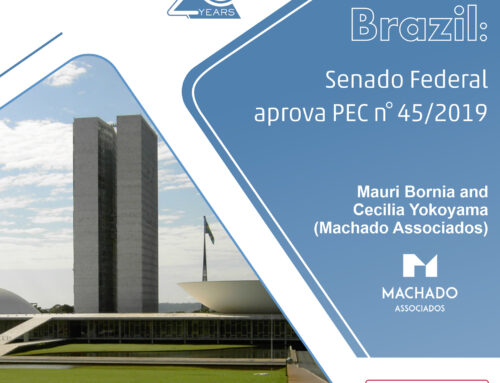Argentina: Tax court rules on PE under Belgium-Argentina tax treaty
20 May 2022 saw the Argentine Tax Court (“ATC”) rule in the case “Solvay Indupa SAIC s/apelación – Impuesto a las Ganancias” as to whether a Belgium company should be regarded as having an Argentine PE in view of the “work site” and “service PE” standards. The case was entered for the taxpayer, considering that the time threshold was not met, while the work site PE issue was a controversy in financial years different to the ones under assessment.
The Argentine Revenue Service (“ARS”) considered that the Belgium Company Solvay S.A. (“Solvay”) had a PE in the country during the years 2001 to 2006, in which it provided technical assistance to its Argentine affiliate, “Indupa”. Interestingly, the ARS blamed the latter – namely the Argentine payer – for not acting as a domestic withholding agent that had made payments to an unregistered taxpayer.
The tax assessment was based on two different activities carried out by Solvay in Argentina, namely: (i) the execution of a construction work destined to expand a production plant in Bahia Blanca, Argentina, owned by the Argentine-affiliated company Indupa. To perform such work, an unrelated construction company was hired in Argentina, for a term beyond two years, which took place before the years under assessment; and (ii) the provision of the advisory and technical assistance services required for the maintenance of the quality of the production of such plant.
The ATC took the side of the taxpayer. In its ruling, the ATC considered the provisions of the Double Tax Treaty between Argentina and Belgium (“DTT”). Indeed, from the evidence produced in the case, the ATC deemed that it was properly proven that the construction was actually carried out by an Argentine subcontractor (i.e. Techint S.A.), and not by Solvay, during the financial years excluded from the notice of deficiency.
Accordingly, the ATC ruled that this fact may not be reasonably introduced in a different financial period. Also, regarding the advisory and technical assistance services, it was proven that the employees of Solvay stayed in Argentina for only 58 days per year, on average, which was well below the minimum physical presence threshold required by the DTT (i.e. a period of six months within any twelve-month period). Consequently, the ATC understood that none of the two factors mentioned by the ARS was adequate to determine the existence of a PE of Solvay in Argentina, and therefore it ruled in favour of the company.
The ATC also made clear that the recently broader PE standards, introduced by the 2018 tax reform, may not be used to frame this controversy, as the financial years in controversy well preceded such tax reform.
It should be noted that the reform broadens the Argentine PE definition, following OECD-BEPS Action 7 standards. These standards resulted in a new income tax provision (Section 22), which is quite broad (i.e. includes any in-country person, working on behalf of a non-resident, who assumed risks that are attributable to the latter, among others). Such income tax provision has been challenged by local tax scholars for being inconsistent with many double tax treaties already executed by Argentina (like the Belgium-Argentina one). While such a controversy has not been present in the Solvay case, scholars’ expectations are that – in view of the higher priority of treaty law vis-à-vis domestic legislation – domestic income tax standards may not alter the treaty law outcome, to the extent that they are clearly incompatible.
Writers: Cristian E. Rosso Alba and Sebastian de la Bouillerie (Rosso, Alba & Rougés)
Original: https://wts.com/wts.com/publications/itp-newsletter/2022/wtsglobal-newsletter-global-ict-2-2022.pdf





